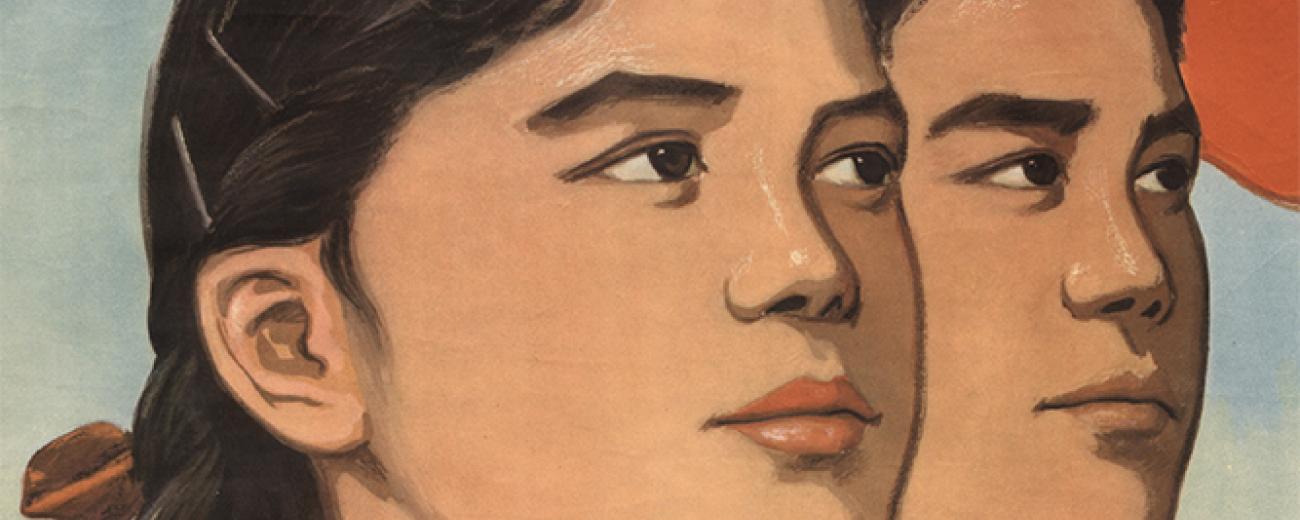
Rejuvenating Communism, Youth Organisations and Elite Renewal in Post-Mao China

Key information
- Date
- Time
-
5:00 pm to 6:30 pm
- Venue
- Paul Webley Wing (Senate House), SOAS University of London
- Room
- Wolfson Lecture Theatre (SWLT)
- Event type
- Event highlights
About this event
Despite the decreasing importance of ideology and the alternative career options provided by a liberalised employment market, working for the administration remains one of the most coveted career paths for young Chinese.
What motivates young and educated Chinese to commit to a long-term career in the party-state? These issues are central to the Chinese regime’s ability to renew its elite, maintain its cohesion, and survive. In this talk, Jérôme Doyon presents his new book, Rejuvenating Communism, which examines how young Chinese officials’ political commitment and ambition are cultivated. Doyon focuses on the experience of cadres within the Chinese Communist Party’s youth organisations, and in particular the Chinese Communist Youth League, to study officials-to-be.
Following the initial steps of this political selection process, Doyon will discuss his book’s two central arguments on the nature of elite renewal and cohesion in post-Mao China. First, he stresses that solidary and symbolic elements are central to explaining party-state officials’ political commitment. The clubbish nature of the recruitment and nurturing process strengthens the recruits’ political commitment as well as their homogeneity, as they are mostly male and graduates from the country’s best universities.
Second, this study unpacks the implication of the fragmented nature of the Chinese system for elite cohesion. In contrast to a factional approach that describes the Chinese party-state as constituted of separate groups competing for power, and therefore emphasizes the officials’ loyalty to one group against the others, it highlights the multiplicity of relationships officials develop throughout their careers. As a result, they develop a diffuse allegiance to the party-state: individuals are integrated into complex networks, connecting them to many other officials from various localities and administrations, rendering difficult the establishment of isolated cohesive groups, or factions.
About the speaker
Jérôme Doyon is an Assistant Professor at the Centre for International Relations (CERI) at Sciences Po Paris. His research focuses on Chinese politics and foreign policy with a specific interest in the inner working of the Party-State apparatus and its exportation beyond Chinese borders, as well as elite politics, political youth organizations, and the management of ethnoreligious minorities.
His work has appeared in various outlets, such as Political Studies or The China Quarterly, and his most recent book titled Rejuvenating Communism: Youth Organizations and Elite Renewal in Post- Mao China was published by the University of Michigan Press in 2023. Prior to joining Sciences Po, he held fellowships and positions at the Harvard Kennedy School, the Oxford School for Global and Area Studies, the University of Edinburgh, and the SOAS China Institute.
Registration
This event is open to the public and free to attend, however registration is required.
Please note that this seminar is taking place on campus and will not be recorded or live-streamed.
- Chair: Professor Steve Tsang (Director, SOAS China Institute)
- Organiser: SOAS China Institute
- Email: sci@soas.ac.uk


